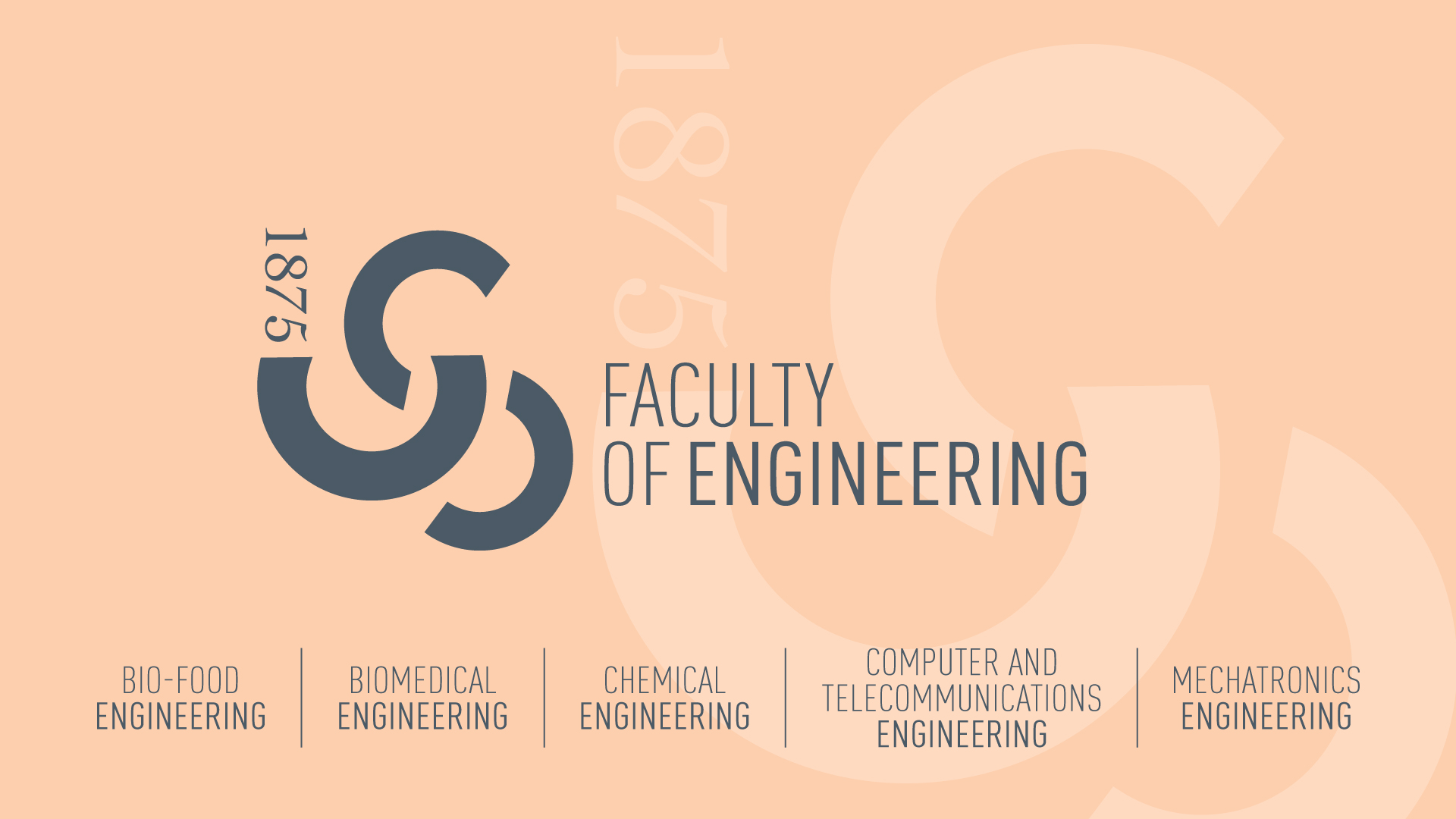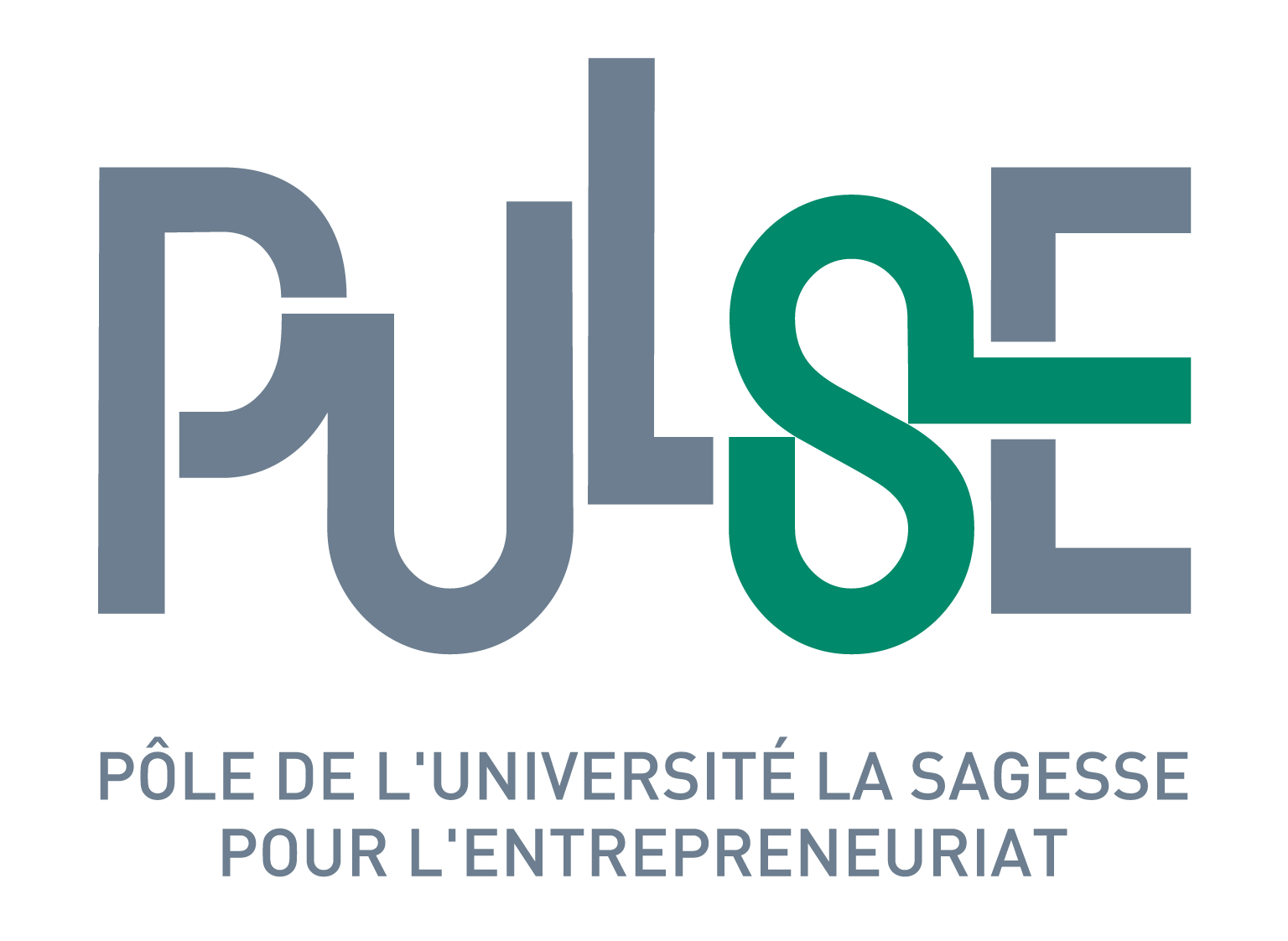Faculty of Religious and Theological Sciences
- Bachelor's and Master's Degrees in Arabic
Vision
The Faculty’s vision is to promote in the Lebanese and MENA context, through academia, research and continuing education, the pastoral revival of local churches, the restoration of marriage and family as the main cell for the edification of society and church, and the spread of the light of the Gospel into the contextual culture.
The vision of Faculty of Religious and Theological Sciences embeds four main aspects:
A. Pastoral Revival of Local Churches
Enhancing the pastoral activities of local churches.
B. Marriage and Family Restoration
Emphasizing marriage and family as the foundational units for societal and church growth.
C. Spread of the Gospel
Advancing the dissemination of the Gospel message to enlighten and transform contextual cultures.
D. Commitment to Academia, Research and Continuous Education
Utilizing these platforms to achieve the above goals in the Lebanese and MENA context.
Mission
Anchored in a Catholic Diocesan University, The Faculty forms pastoral agents to better serve their local churches and communities, Christians in order to better understand, live and communicate their faith in a pluri-confessional and multi-cultural context, and intellectuals who can scientifically integrate multi-disciplinary theological thought and human sciences in order to better explore God’s plan for creation, society, life, marriage, family, and Church.
The mission of the Faculty of Religious and Theological Sciences articulates on seven dimensions:
A. Catholic Identity and Foundation
Mission is grounded in the identity of being part of a Catholic Diocesan University.
B. Formation of Pastoral Agents to serve local churches and communities
Provide pastoral, spiritual, and practical skills necessary for effective ministry.
C. Formation of Christians to enhance understanding, living and communication of Faith
Understand Faith: Facilitate a deeper understanding of Christian doctrines and beliefs.
Live Faith: Encourage living out these beliefs in daily life.
Communicate Faith: Improve the ability to articulate and share faith within diverse contexts.
D. Formation of Intellectuals and Academic Integration of Theological and Human Sciences
Scientifically integrate theological thought with human sciences.
E. Pluri-Confessional & Multi-Cultural Contextual Sensitivity
Pluri-Confessional Context: Address the reality of multiple Christian denominations.
Multi-Cultural Context: Recognize and respond to diverse cultural backgrounds and practices.
F. Exploration of Theological and Social Themes
Exploring theological perspectives on various aspects of life such as God’s plan for creation, society, life, marriage, family, and Church.
G. Scientific Rigor and Academic Excellence
Employ scientific and rigorous academic methods in the study of theology.
Values
We endorse the Ethical Principles of the Catholic Church emphasising grace and virtue-based ethics. We integrate critical reasoning with human sciences and faith. We foster an ecumenical spirit and interreligios dialogue. We treat faculty and students as family in Christ with a spirit of communion that combine intellectual charity, merciful flexibility and academic justice.
FV1. Catholic Church’s Ethical Principles.
FV2. Interdisciplinary Integration: Combining critical reasoning with human sciences and faith.
FV3. Ecumenical Spirit and Inter-religious dialogue.
FV4. Communion Spirit: Treating faculty and students as family in Christ with a spirit of communion.
FV5. Intellectual Charity.
FV6. Merciful Flexibility.
FV7. Academic Justice.
Institutional Learning Outcomes (ILOs)
The Faculty has five ILOs:
ILO 1. Engage methodically, critically, analytically, synthetically, and responsibly with sacred scripture, catholic tradition, magisterium and schools of theological thought with an ecumenical openness to the traditions of other Churches.
ILO 2. Engage theological thought interactively, openly and critically with philosophy, human sciences, and MENA culture, with a special emphasis on the original and complex reality of family and life.
ILO 3. Lead theoretical and/or practical theological research with a collegial spirit.
ILO 4. Implement learned knowledge virtuously and effectively in the service of the multifaceted ministry and mission of the local churches to the actual and evolving world within context and situation.
ILO 5. Develop own spirituality according to the theologically deepened faith, the assimilated spiritual tradition of own community, and critically reflected personal experience.
Undergraduate and Graduate Programs
Undergraduate Programs
| Faculty of Religious and Theological Sciences | Faculté des sciences religieuses et théologiques | |||
|---|---|---|---|
| Programme | Concentration | Examen d’entrée | Crédits |
| - En Arabe | Entretien oral | ||
| Licence | Sciences ecclésiales | 96 | |
| Diplôme | Catéchèse | 60 | |
| Animation pastorale | 60 | ||
| Sciences du mariage et de la famille | 60 | ||
| Culture religieuse | 60 | ||
| Pastorale sociale | 60 | ||
» Program Learning Outcomes - Bachelor Degree in Ecclesiastical Sciences
| PLOs | Bachelor Degree in Ecclesiastical Sciences | |
|---|---|---|
| PLO 1 | Understand basics, problematics, and methodology of study of sacred scripture in general, of different fundamental fields of theology as well as of special disciplines derived from them. | |
| PLO 2 | Gain an understanding of themes throughout the unfolding of tradition starting from sacred scripture, the oral tradition, the Church Fathers, the Medieval Doctors of the Church and the magisterium as a necessary path to do contemporaneous theology. | |
| PLO 3 | Describe the reality of the Church from a theological, legal, and historical point of view including principles and methods of ecumenical and inter-religious dialogue. | |
| PLO 4 | Identify actual themes in every theological discipline for a better Christian engagement with the social context in terms of witnessing, dialogue, and/or service. | |
| PLO 5 | Comprehend the basics of metaphysics and some human sciences such as psychology, religious sociology. | |
| PLO 6 | Connect theological disciplines with human sciences. | |
| PLO 7 | Acquire basic scientific methodology of theological reasoning, text analysis, paper writing, oral presentation and research. | |
| PLO 8 | Integrate each learned theology with own evolving life and spirituality: on one hand develop theology as a Christian-ecclesial subject, on the other hand allow theology to transform oneself into a better Christian-Ecclesial subject. |
Graduate Programs
| Faculty of Religious and Theological Sciences | Faculté des sciences religieuses et théologiques | |||
|---|---|---|---|
| Programme | Concentration | Examen d’entrée | Crédits |
| - En arabe | Entretien oral, Français ou Anglais ou Italien | ||
| Master en sciences ecclésiastiques | Accompagnement familial | - | 42 |
| Sciences du mariage et de la famille | - | 43 | |
| Théologie biblique et dogmatique | - | 42 | |
| Théologie pastorale | - | 42 | |
| Doctrine sociale de l'église | 42 | ||
» Program Learning Outcomes - Marriage and Family Sciences
| PLOs | Marriage and Family Sciences | |
|---|---|---|
| PLO 1 | Understand in depth the mystery of marriage and family, the body, the person, love and wounds on the light of various disciplines of theology and human sciences in a trans-disciplinary way. | |
| PLO 2 | Defend and promote the truth of marriage and family conformably to actual society’s cultural context. | |
| PLO 3 | Develop family pastoral project for a parish and/or diocese. | |
| PLO 4 | Collaborate in research related to marriage and family topics from the theological and/or from the human scientific point of view. | |
| PLO 5 | Develop a personal spirituality pertaining to the nuptial mystery declined according to the own status. |
» Program Learning Outcomes - Pastoral Theology
| PLOs | Pastoral Theology | |
|---|---|---|
| PLO 1 | Explore the scriptural and theological basis of the Church’s pastoral ministry. | |
| PLO 2 | Develop pastoral and/or evangelising strategies for a parish or local church according to its context. | |
| PLO 3 | Develop the capacity to lead, accompany, dialogue and convey the message virtuously and effectively and/or to participate in reconciliations between conflicting parties within the parish or local churches. | |
| PLO 4 | Collaborate in research related to theoretical and practical pastoral topics. | |
| PLO 5 | Acquire Christian servant leadership spirituality with ecumenical and environmental openness. |
» Program Learning Outcomes - Biblical and Dogmatic Theology
| PLOs | Biblical and Dogmatic Theology | |
|---|---|---|
| PLO 1 | Interpret critically and deeply texts and books of sacred scripture in their original language with various ecclesial proved methods. | |
| PLO 2 | Explore deeply actual theological and ecclesial topics throughout books of sacred scripture church tradition, magisterium and thoughts of contemporary theologians. | |
| PLO 3 | Communicate the word of God virtuously and effectively to contemporary culture. | |
| PLO 4 | Collaborate in theological biblical research. | |
| PLO 5 | Acquire discipleship to the word of God as well as evangelizing spirituality. |
Contact
Faculty of Religious
and Theological Sciences
Université La Sagesse
P.O. Box 50501, Furn El Chebbak, Lebanon
Dean
Fr Tanios Khalil, PhD
Upcoming Events and Blog Articles
Assemblée générale du corps professoral à temps plein et à temps partiel de l’Université La Sagesse
October 30, 2025
Visiting Professor Vincenzo Rosito from the Pontifical John Paul II Institute in Rome at Université La Sagesse
“The university’s mission is not limited to teaching and research, but it is also a safe cultural laboratory for communication” Université La
لقاء اليوبيلين: الرجاء والحكمة في معهد العائلة وكليّة العلوم الدينيّة واللاهوّتية
نظّم معهد العائلة وكليّة العلوم الدينيّة واللاهوّتية في جامعة الحكمة محاضرة بعنوان: لقاء اليوبيلين: الرجاء والحكمة :تضمّنت المحاضرة مداخلتين لقاء الحكمة الإلهيّة
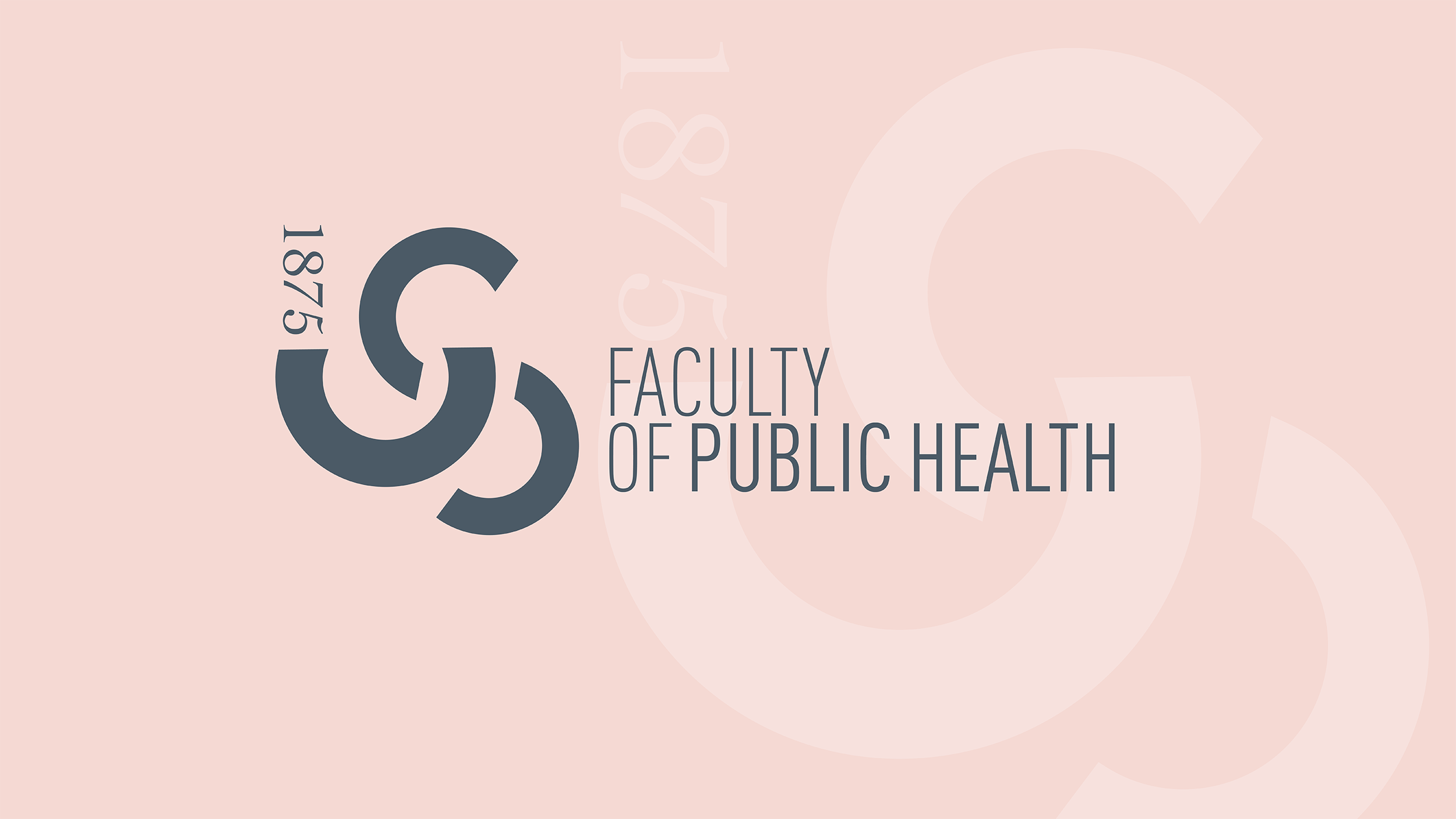
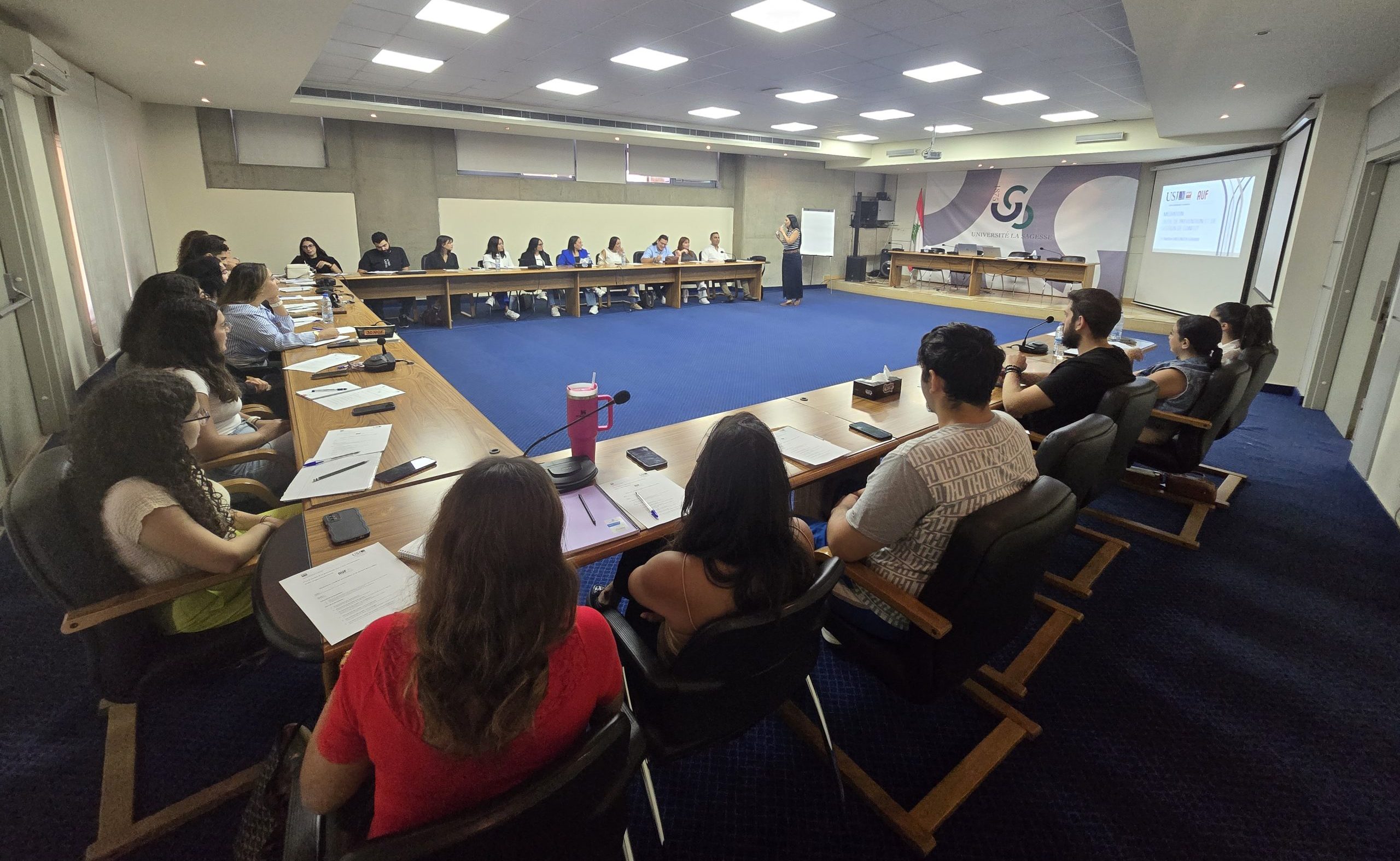
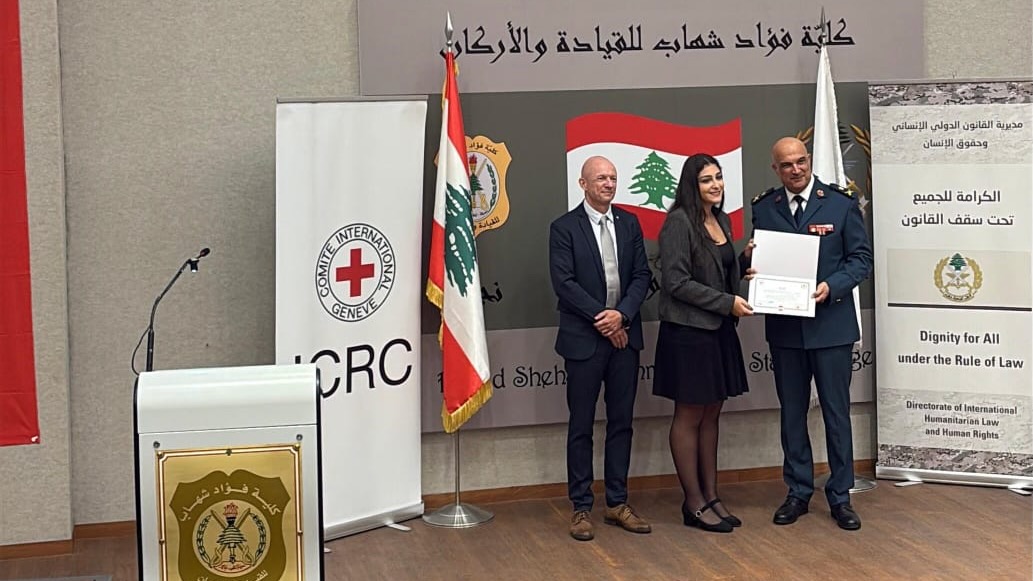
Even wars have rules by FPSIR Elissa Biagini
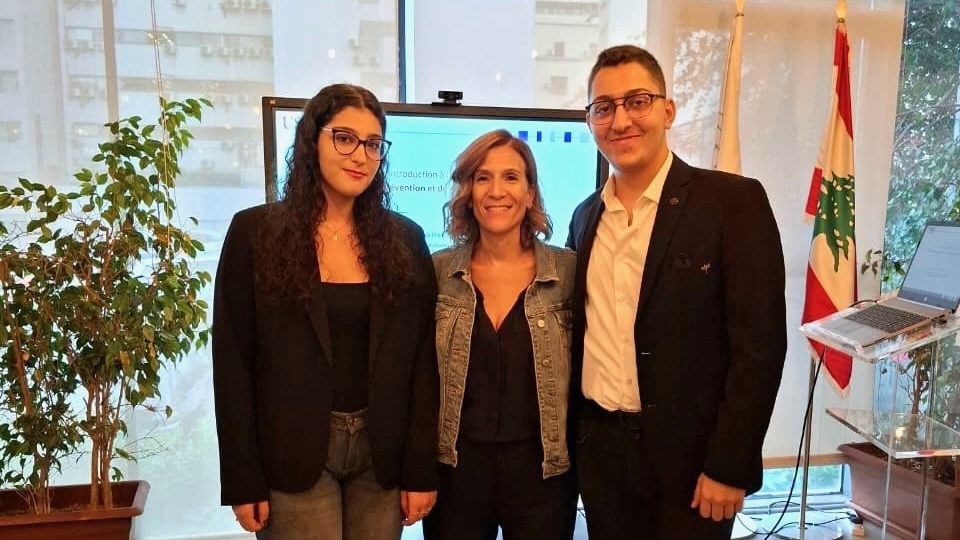
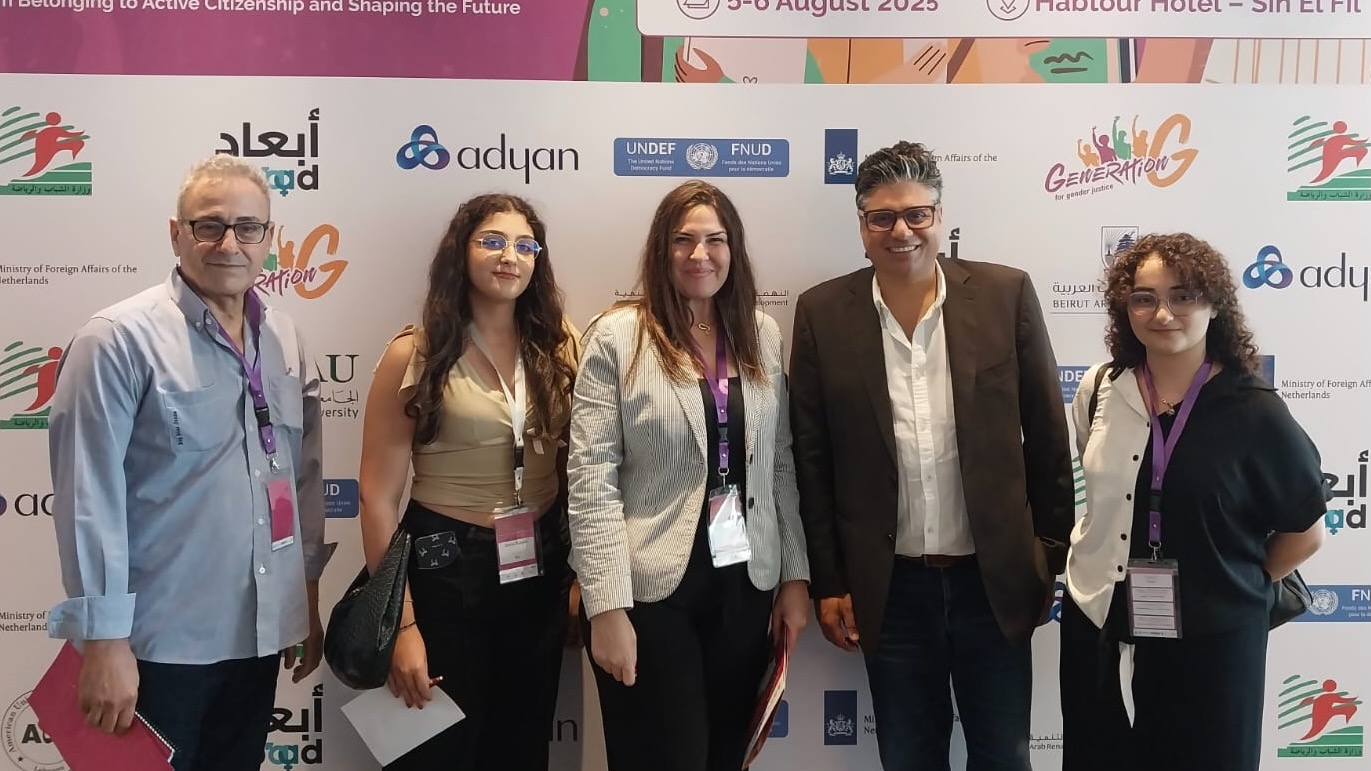

Global Compact Brain Lab SDGs Program 2025
